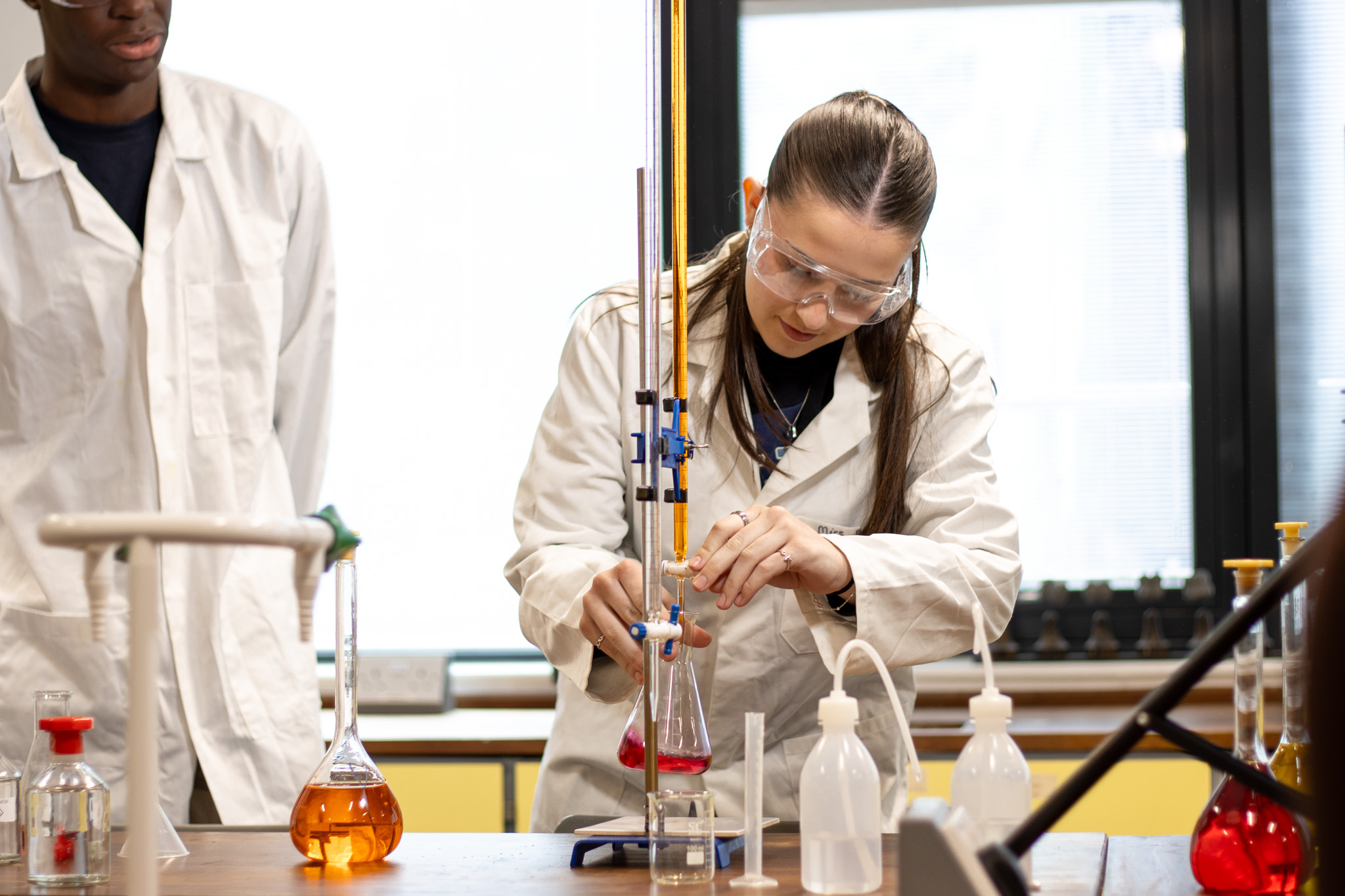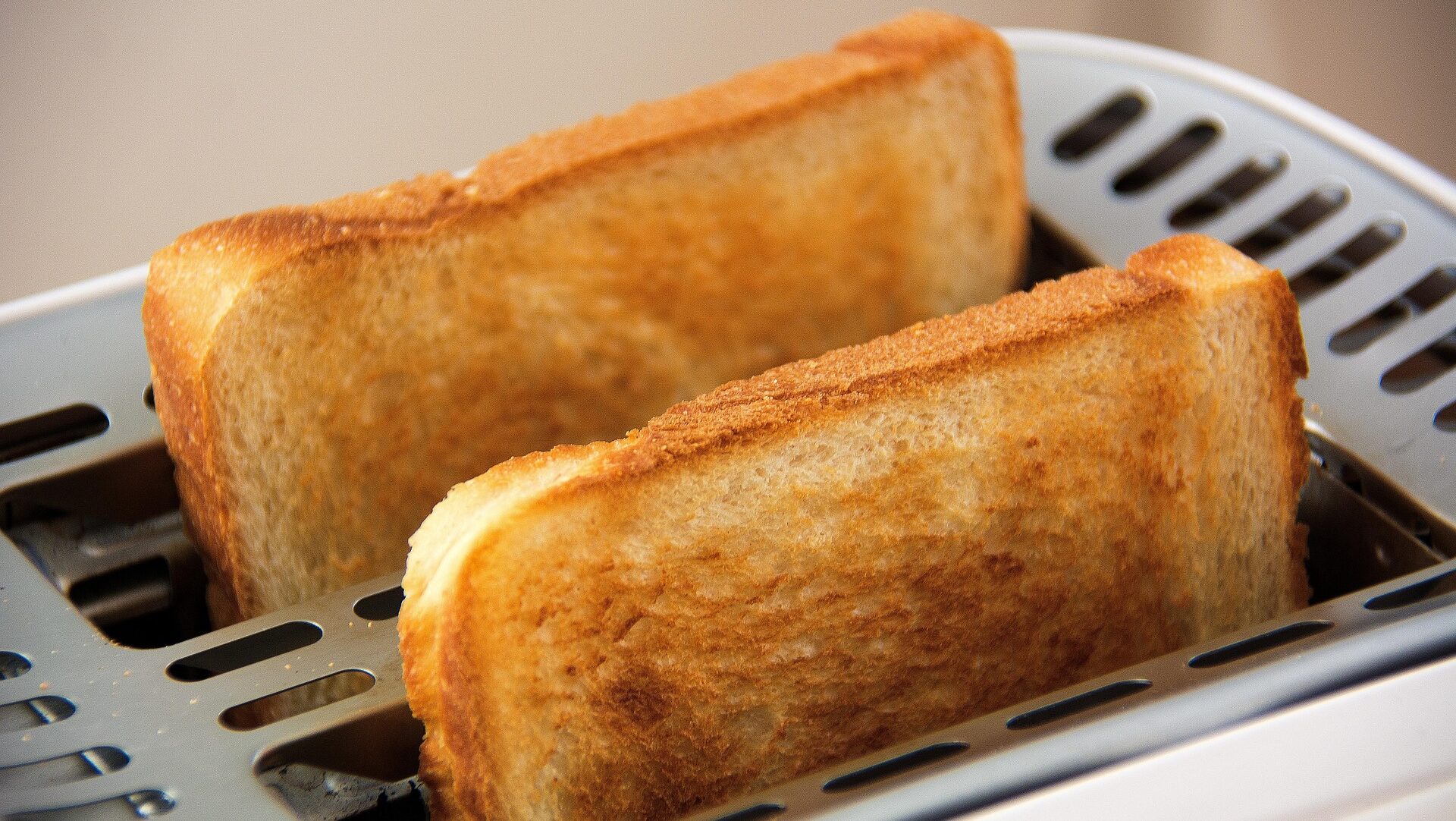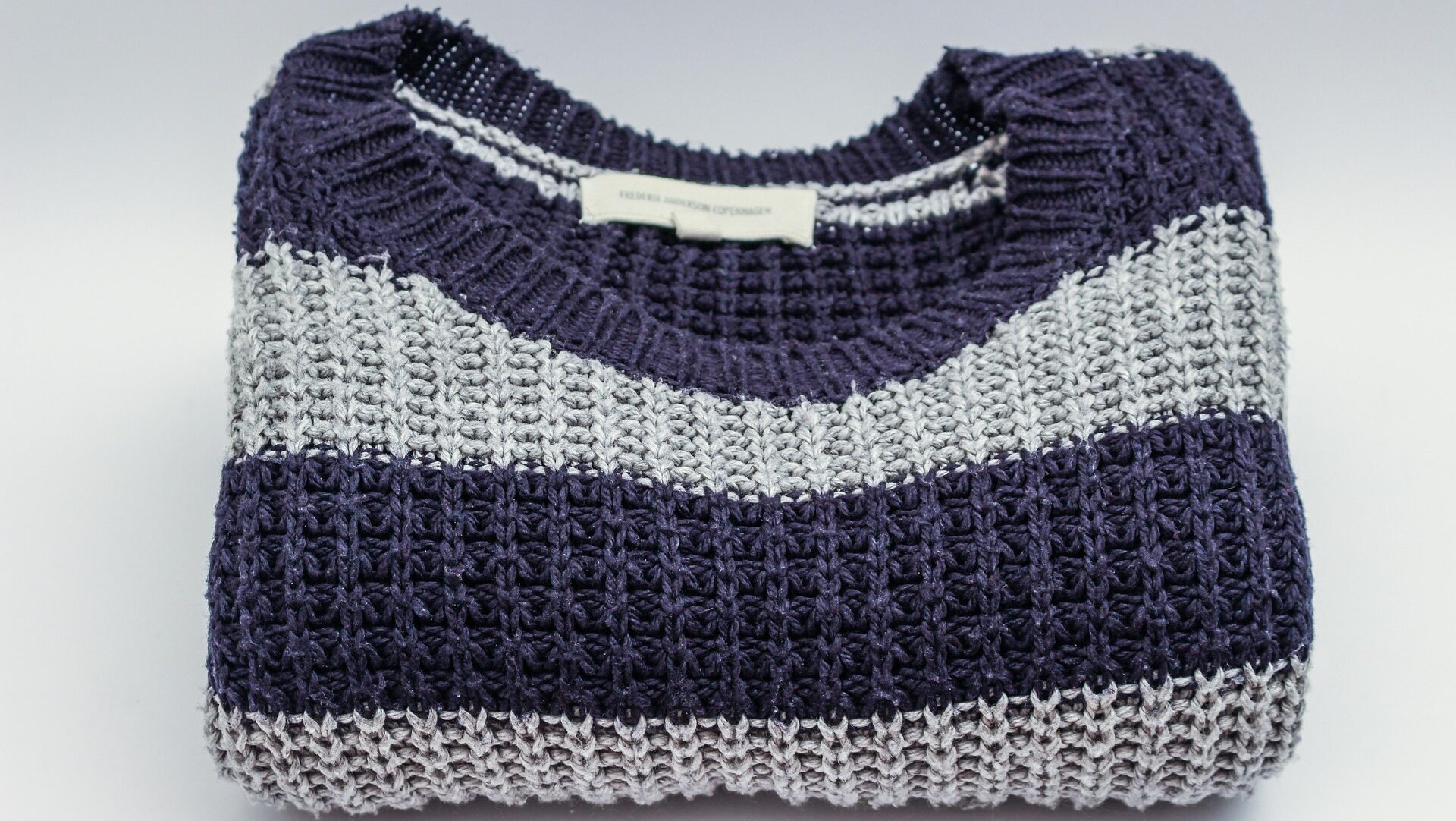

We have created a list of five crucial ways chemistry impacts our everyday lives. We often take these chemical processes for granted, as they have become integrated into societal norms and easily accessible, such as antibiotics, batteries, and water treatment.

Soaps, detergents, and disinfectants stem from chemical engineering. Soap molecules have hydrophilic (water-attracting) and hydrophobic (water-repelling) ends, enabling them to remove grease and dirt. Disinfectants like bleach use oxidation reactions to break down bacterial cell walls, ensuring cleanliness.

Chemistry is included in every drug you take, whether it’s pain relievers or a lifesaving antibiotic. Pharmaceuticals are carefully designed molecules that interact with the body in specific ways, often mimicking or inhibiting natural processes. Even the metabolism of medications in our bodies is a chemical process.

Every time you cook, you are conducting a chemistry experiment. One notable process is the Maillard reaction, which occurs when proteins and sugars in food are heated, giving seared steak and toasted bread their distinctive flavour and aromas. Another chemical process is emulsification when making mayonnaise or salad dressings, allowing ingredients that don’t naturally mix to blend smoothly.

Chemistry plays a crucial role in the materials we use every day, from the plastic in our phones to the synthetic fibres in our clothing. Polymers, alloys, and composites can help fulfil specific functions, whether that means being durable, lighter, or more flexible. This process is possible thanks to a comprehensive understanding of their chemical properties.

Finally, our moods and feelings link to neurotransmitters like dopamine and serotonin for happiness, focus, anxiety, and sleep. A chemical imbalance in the brain can significantly affect mental health, which is why many psychiatric medications target neurotransmitter levels.
Chemistry is a powerful force that shapes how we live daily. Next time you clean, cook, or use your phone, remember chemistry was fundamental in instrumenting and creating these familiar things.